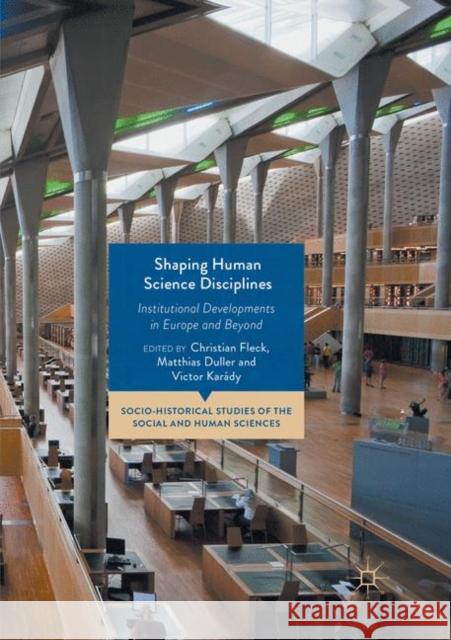Shaping Human Science Disciplines: Institutional Developments in Europe and Beyond » książka
topmenu
Shaping Human Science Disciplines: Institutional Developments in Europe and Beyond
ISBN-13: 9783030065157 / Angielski / Miękka / 2019 / 396 str.
Kategorie:
Kategorie BISAC:
Wydawca:
Palgrave MacMillan
Seria wydawnicza:
Język:
Angielski
ISBN-13:
9783030065157
Rok wydania:
2019
Wydanie:
Softcover Repri
Numer serii:
000826977
Ilość stron:
396
Waga:
0.49 kg
Wymiary:
21.01 x 14.81 x 2.16
Oprawa:
Miękka
Wolumenów:
01
Dodatkowe informacje:
Wydanie ilustrowane











